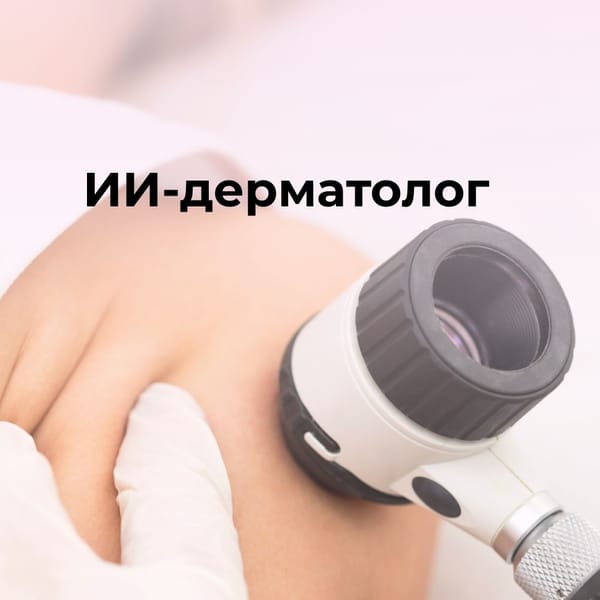List of Tests and Examinations for Children Under One Year
When a pediatrician announces the schedule of examinations by specialists, young parents often raise their eyebrows in surprise. Why does such a small, almost newborn child need such frequent examinations?
The fact is that it is in the first year of life that congenital pathologies manifest themselves. The earlier they are detected, the easier it will be to cure them. And a narrow specialist understands his "topic" more deeply and immediately sees deviations from the norm. Therefore, it is so important to see doctors and take all tests. Moreover, in recent years, there have been fewer of them, and they are tied to important periods of the baby's development.
In the first month, there is no need to visit the doctor yourself. The local pediatrician and nurse will come to your home as part of patronage. What will the doctor ask you during the first visit? Your age and your husband's age, your place of work, your state of health, and the presence of chronic diseases.
In subsequent visits, the pediatrician and nurse examine the newborn weekly, listen to breathing and heartbeat, determine weight gain, and monitor development.
At 10 days, it is important to measure the level of bilirubin. You can find out this in two ways: take a biochemical blood test or do a bilirubin test. The second option is simple and painless.
1 month: The baby will be examined by a neurologist, surgeon, otolaryngologist, orthopedist, ophthalmologist, and pediatrician. In addition, the following studies are required: neurosonography, ultrasound of the hip joints, and ultrasound of the abdominal cavity.
2 months: Only a pediatrician's examination.
3 months: At this age, the child will be examined by a neurologist, orthopedic surgeon, and local pediatrician. Before visiting doctors, you need to take: a general urine test, a clinical blood test, and if necessary, repeat an ultrasound of the brain and an ultrasound of the heart. The pediatrician will examine the BCG scar at the appointment, check reflexes and development.
4 months: Only a pediatrician.
5 months: Only a pediatrician.
6 months: The baby will be examined by a surgeon and pediatrician. At six months, the child needs to take a general urine test and a clinical blood test again.
7 months: Only a pediatrician.
8 months: Only a pediatrician.
9 months: The child will have an examination by a dentist, orthopedist, and pediatrician. Plus, blood and urine tests are taken again to find out if there are enough substances.
10 months: Only a pediatrician.
11 months: Only a pediatrician.
1 year: At one year, the child needs to undergo examinations by a pediatrician, otolaryngologist, ophthalmologist, neurologist, urologist, gynecologist for girls, surgeon, and psychiatrist.
Regular checkups and tests allow for the timely detection and prevention of various health problems in the child, ensuring the best start in life.
Reference:
https://kidshealth.org/en/parents/checkup-1-yr.html



